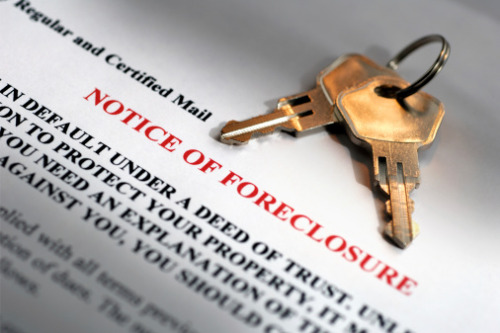Parsing the stats collected prior to the COVID-19 outbreak

On April 1, Attom Data Solutions released its February 2020 U.S. Foreclosure Market Report. As the U.S. housing market was cruising along at breakneck speed prior to the COVID-19 virus landing on American shores, the numbers were predictably immaculate: only 48,004 properties in the nation had recorded foreclosure filings in February. It was the lowest number of total foreclosure filings the company has recorded in the decade-and-a-half since it began tracking such data.
Any figures related to the housing market – or any market, for that matter – that were collected prior to the pandemic need to be taken with a U-Haul’s worth of salt. MPA reached out to Attom’s chief product officer, Todd Teta, for a little context.
Mortgage Professional America: Were there any surprises in the February data?
Todd Teta, CPO, Attom Data Solutions: This was a steady-as-you-go reflection of the continuing strong housing market across the country. The national February figure was up a bit from January, but fell from a year earlier to a level that's been fairly consistent over the last year and a half. Monthly figures have swung back and forth but without major changes recently. Overall, the numbers are far less than they were several years ago, reflecting the strong national economy and housing market.
There are areas of concern around the Midwest, West and South where foreclosures were up quarterly as well as annually. That will deserve a close watch in the coming months, especially as the fallout from the coronavirus hits.
MPA: What story do you think the numbers tell?
TT: The February foreclosure data offers up one of the many signposts of an eight-year housing market boom that has touched almost every corner of the country. The latest foreclosure numbers are barely a quarter of what they were in 2012, when the housing market was just starting to recover from the fallout following the Great Recession - and even below where they were during the pre-recession boom. That's truly a remarkable improvement.
MPA: How different do you think the numbers will be in the next few months?
TT: Now we get to the part where we say everything is in flux because of the potential impact of the coronavirus pandemic.
On the upside, the next few months may actually see another drop in foreclosures because banks have pledged to temporarily hold off on going after homeowners who fall behind on their mortgages. But how long that will last is unknown. Millions of people have lost jobs or work hours, which can only hurt their chances of staying current on their mortgages.
At some point in the not-too-distant future, banks will move forward with foreclosure proceedings on delinquent homeowners because they will need to recoup at least some of what they've lent. Depending on how many people fall behind, this could have a severe impact on the housing market, similar to what we saw 10 years ago when empty properties in foreclosure pockmarked neighborhoods around the country and hurt property values that were already in free-fall.
The worst-case is a double-whammy of a foreclosure surge on top of property values dropping amid a lack of buyers.



